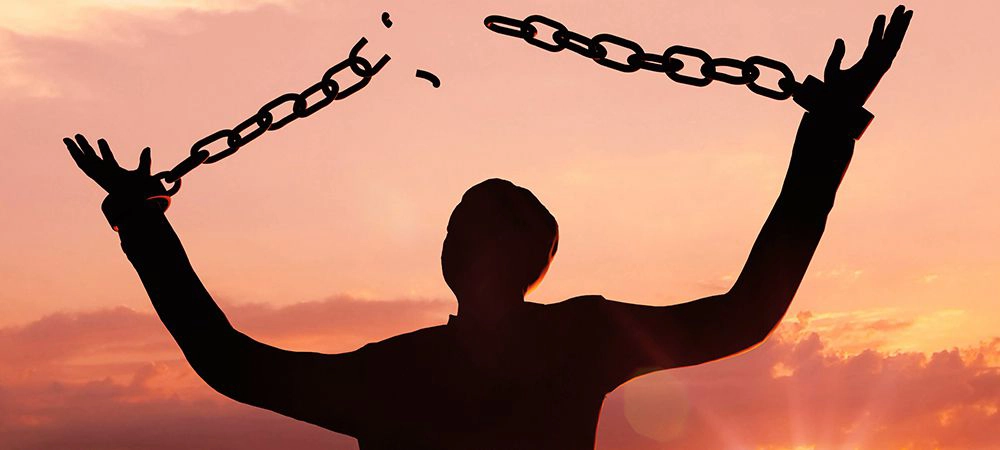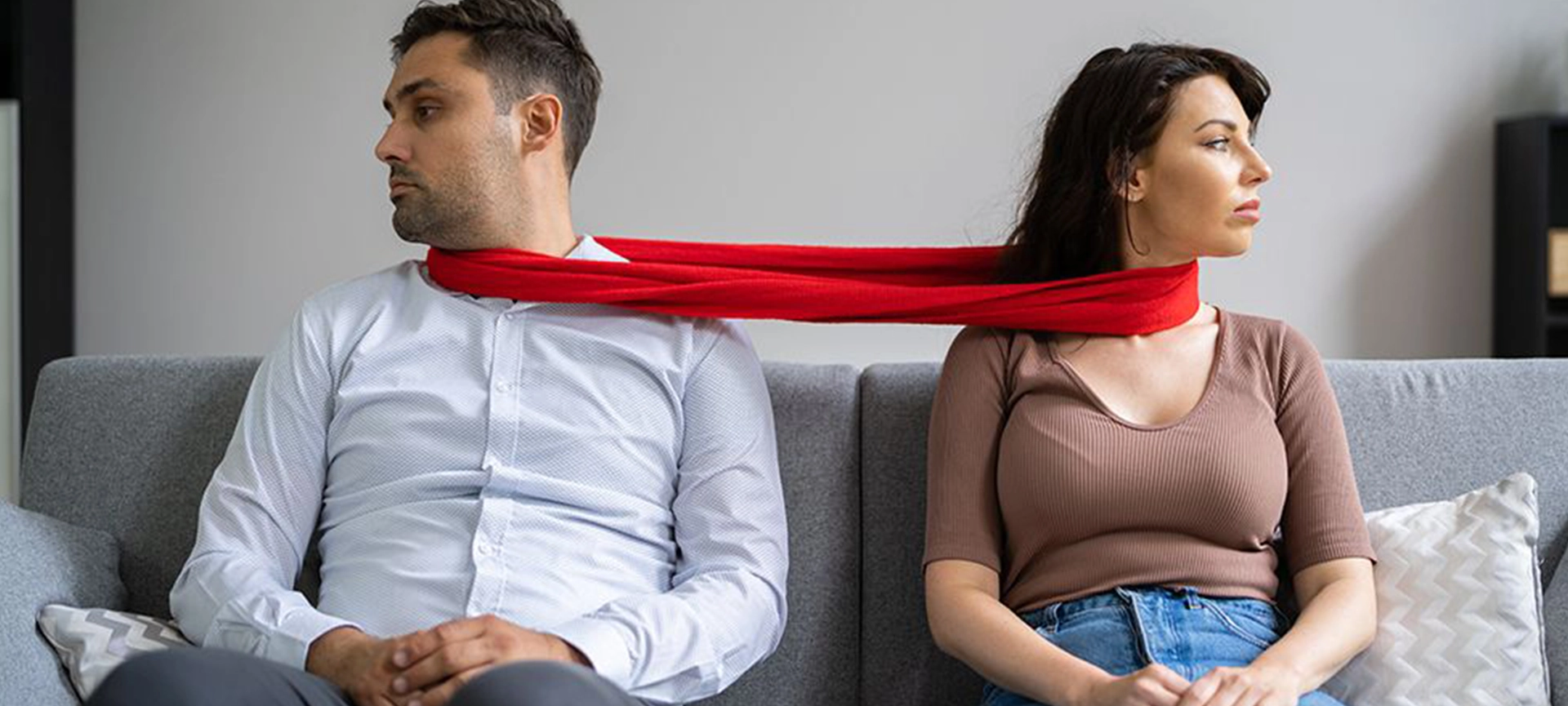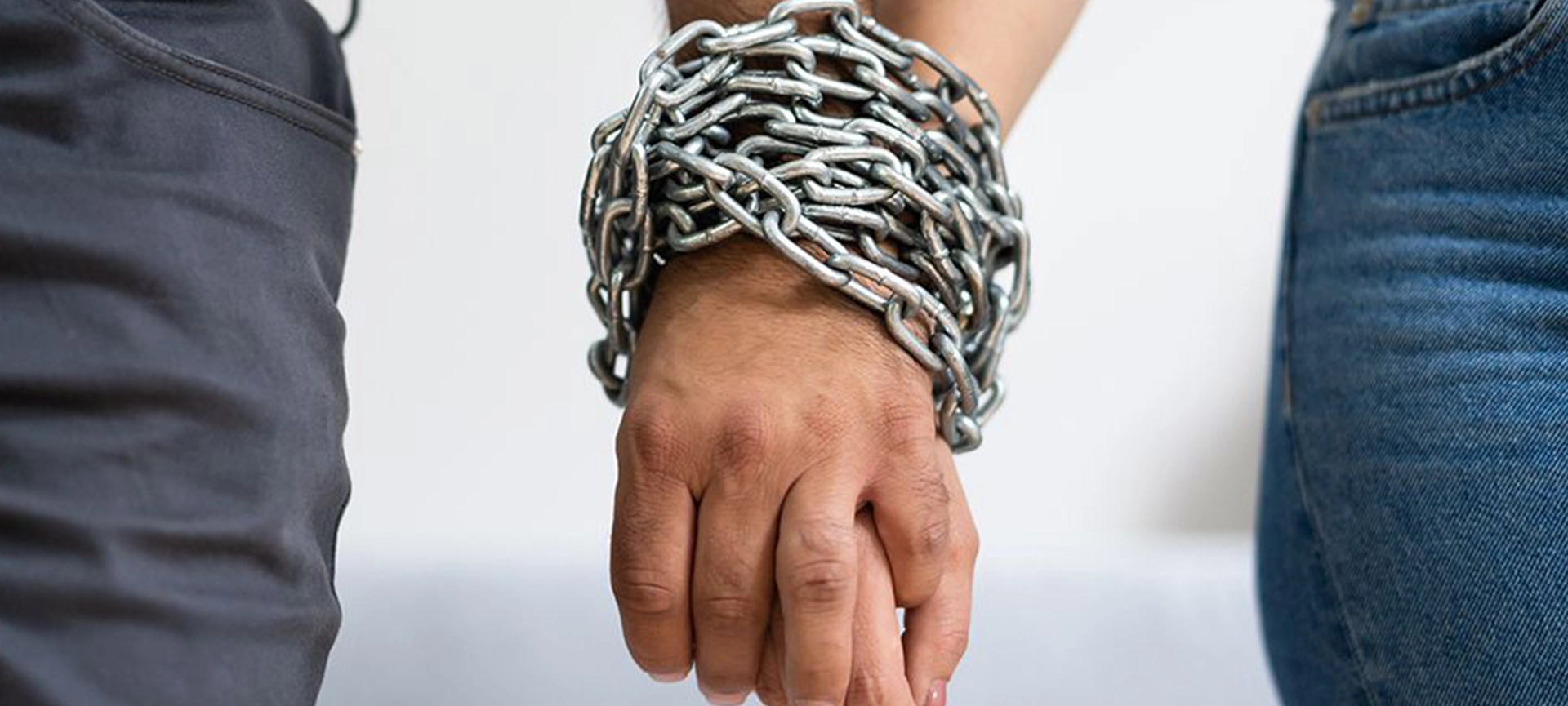Substance abuse is a difficult pattern to break, for several reasons including relationships. In many instances of addiction, loved ones inadvertently allow the patterns of substance abuse to continue by enabling the person with the addiction.
Enabling takes many forms – giving someone money or paying their bills, calling their employer to say they are sick, excusing hurtful behaviour – and it can have a variety of motives. Enabling can come from a place of concern: no one wants to see a loved one go hungry or lose their job. But many times, enabling is the result of a codependent relationship. And breaking that codependency can be the key to helping the addicted person in their recovery.
What Is Codependency?
In any relationship, it is normal and healthy for the people to support one another and do things for each other. A codependent relationship is one in which one person derives all their happiness and self-worth from making the other person happy. The recipient of the attention is usually only too grateful to have their needs and wants met.
Some signs that you might be a codependent person include the following:
- Your life is centred around meeting someone else’s needs, often to your own detriment
- You routinely sacrifice your own needs for those of the other person
- You are incapable of feeling happy or worthy if you are not catering to what the other person wants or needs
- If you are not able to provide the other person with what they want, you start to feel anxious, afraid, or guilty
- You do not have friends or interests outside of the codependent relationship
Codependency can exist in any relationship, whether or not the people involved are living together. Although most codependent relationships have one person who is codependent and one who is the enabler, it is possible for both people to be codependent, and to enable each other.
Breaking Codependency In A Relationship
Some reasons a codependent relationship can endure include the following:
- The relationship is physically or mentally abusive, and the codependent person strives to please the enabler out of fear
- The enabler is addicted to drugs or alcohol, and the codependent person feels that they (the person with the addiction) would come to harm without being provided for
- The enabler is flattered about being at the centre of someone’s existence
- The codependent person did everything for the enabler out of necessity, such as illness or injury, and this did not stop when the necessity went away
Fixing most relationships requires the effort of both people. But in the case of codependency, this can be difficult since enablers generally do not want the codependent behaviour to end. Therefore, it is often up to the codependent person to recognize the problems and take the steps to resolve them.
Below, we delve into some steps that can be taken to break a codependency.
Evaluate Whether The Relationship Is Worth Saving
Ending any relationship is hard: whether there is a biological connection or not, we are emotionally invested in the people we are close to. We instinctively look for reasons to hold onto the people in our lives. Most relationships can be improved if both people learn how to communicate better, resolve conflicts in a positive way, and set and maintain boundaries.
However, not all relationships are meant for the long haul. If your codependent behaviour is a result of the enabler physically or mentally abusing you, your safest course of action may be to get out of the relationship instead of trying to fix it.
Take Steps Toward Independence
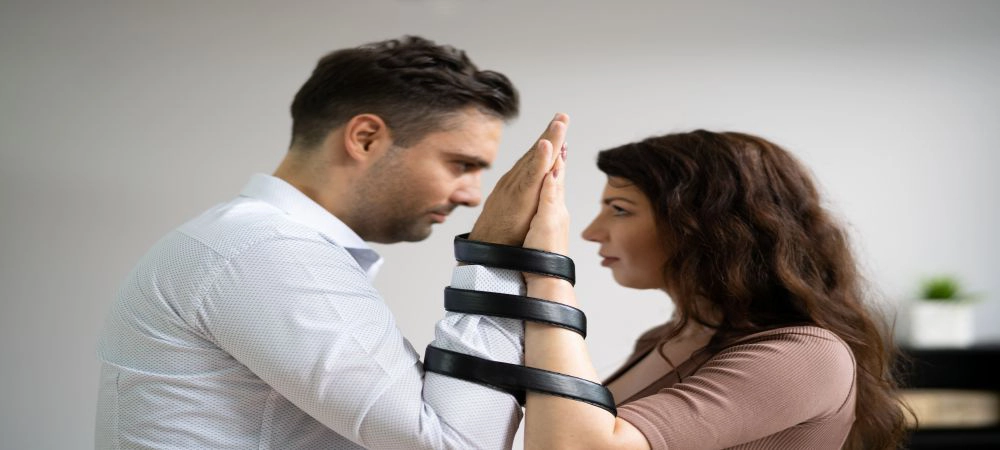
Many codependent people become so immersed in making their enablers happy that they sacrifice their outside interests. This is not always a conscious choice, and it can happen so gradually that you don’t even notice. In the beginning, you may cancel the occasional coffee date with a friend, or spend less time on a hobby. Eventually, you reach the point where all your activity centres around the person you are in a codependent relationship with.
In the same way, you can take gradual steps to regain that independence. Call or email a friend you haven’t spoken to in a while. Take a few minutes to indulge a hobby or interest that has been lying dormant. Spend some time each day doing something you enjoy.
Express Your Own Needs And Wants
Not all enablers intend to be enablers. Situations of codependency can arise over time, without either person realizing that it is happening. By communicating what you want and need, you can work towards a life in which your needs are balanced with those of the other person.
Learn To Enjoy Your Own Company
As a codependent person, it is easy to lose your sense of self in your preoccupation with making your enabler happy. The more you become wrapped up in what the other person wants, the more eroded your self-esteem becomes. You can start to break this cycle by doing things for yourself, by yourself. For example, you could go for a walk in a park, or buy a book you’ve been wanting to read.
Stop Making Sacrifices
It is hard to break the habit of giving someone everything they want or need, but this is an important step in dissolving codependency. Instead of giving your enabler money, make sure you can pay your bills. If your enabler is demanding your time, ask yourself if you’re willing to be late for work or skip the plans you have made. Evaluate whether it’s worth investing so much energy into your enabler that you are giving up on your own dreams.
Stop Excusing Bad Behaviour
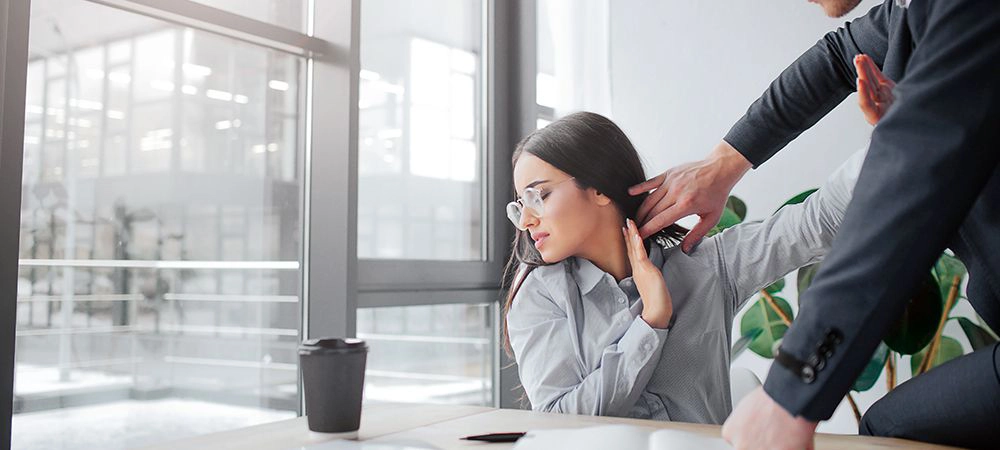
In many cases, codependency is fuelled by the expectations of the enabler. You may be driven to do something or act in a certain way because of how the other person in the relationship is treating you. Again, the enabler may not be fully aware that they are creating feelings of guilt or anxiety in you. If it is safe for you to do so, let the enabler know when they are making you feel bad.
Go For Therapy
Individual and family therapy can be extremely effective interventions for people in codependent relationships. Talking to a professional can help you develop an understanding of what codependency is, why you have become codependent, and how you can change it. Enablers can benefit greatly from therapy as well.
Be Prepared For Resistance
Resistance to change is less likely if both people in the relationship are working towards making things better. If you are the only one putting in the work to break the codependency, the other person may put up a fight. In some cases, this is simply because they don’t want things to change. And sometimes, they just need time to adjust to the way in which the relationship is evolving.
The Role Of Enablers In Breaking A Codependency
It is easy to assume that the person who has to change is the codependent person, and this is frequently the case. But all relationships involve at least two people, and codependent behaviour is not possible if there is not an enabler there to allow it.
Some enablers are perfectly happy to be on the receiving end of all the attention, but if the codependent person’s behaviour is driven by a pre-existing problem with self-esteem and relationships, the enabler may be in that role reluctantly. They may even be unaware of how their behaviour is furthering the codependency.
If you believe you are an enabler in a codependent relationship, here are some things you can do to work towards a healthier, more balanced relationship:
- Don’t allow the codependent person to make unreasonable sacrifices on your behalf
- Encourage the pursuit of outside friendships and interests
- If the codependent person is unable to do something for you, reassure them that you are not angry or disappointed
- If the codependent person expresses a need or want of their own, listen and if possible, help them satisfy that need or want
- Be open to attending therapy to examine your role in the codependency
Solving Relationship Problems In Addiction Rehab
Many addictions are entwined with troubled relationships. Sometimes, these relationships predate the addiction and are a partial cause. Other times, the addiction results in relationship issues. Addiction and codependency are closely related – in many cases, the codependent person enables the addiction by catering to everything the addicted person needs or wants.
At Addiction Rehab Toronto, addiction recovery includes a look at the addicted person’s relationships. As part of a customized addiction treatment program, you will have the opportunity to work on your relationships under the guidance of trained, compassionate counsellors. You and your loved ones can learn strategies to break any codependency that exists, so you can enjoy a healthy, positive relationship. Call us for more information.



